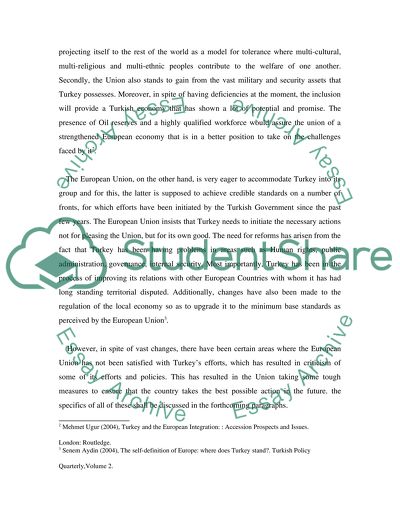Cite this document
(“European Union and Turkey Essay Example | Topics and Well Written Essays - 5000 words”, n.d.)
European Union and Turkey Essay Example | Topics and Well Written Essays - 5000 words. Retrieved from https://studentshare.org/politics/1515921-european-union-and-turkey
European Union and Turkey Essay Example | Topics and Well Written Essays - 5000 words. Retrieved from https://studentshare.org/politics/1515921-european-union-and-turkey
(European Union and Turkey Essay Example | Topics and Well Written Essays - 5000 Words)
European Union and Turkey Essay Example | Topics and Well Written Essays - 5000 Words. https://studentshare.org/politics/1515921-european-union-and-turkey.
European Union and Turkey Essay Example | Topics and Well Written Essays - 5000 Words. https://studentshare.org/politics/1515921-european-union-and-turkey.
“European Union and Turkey Essay Example | Topics and Well Written Essays - 5000 Words”, n.d. https://studentshare.org/politics/1515921-european-union-and-turkey.


